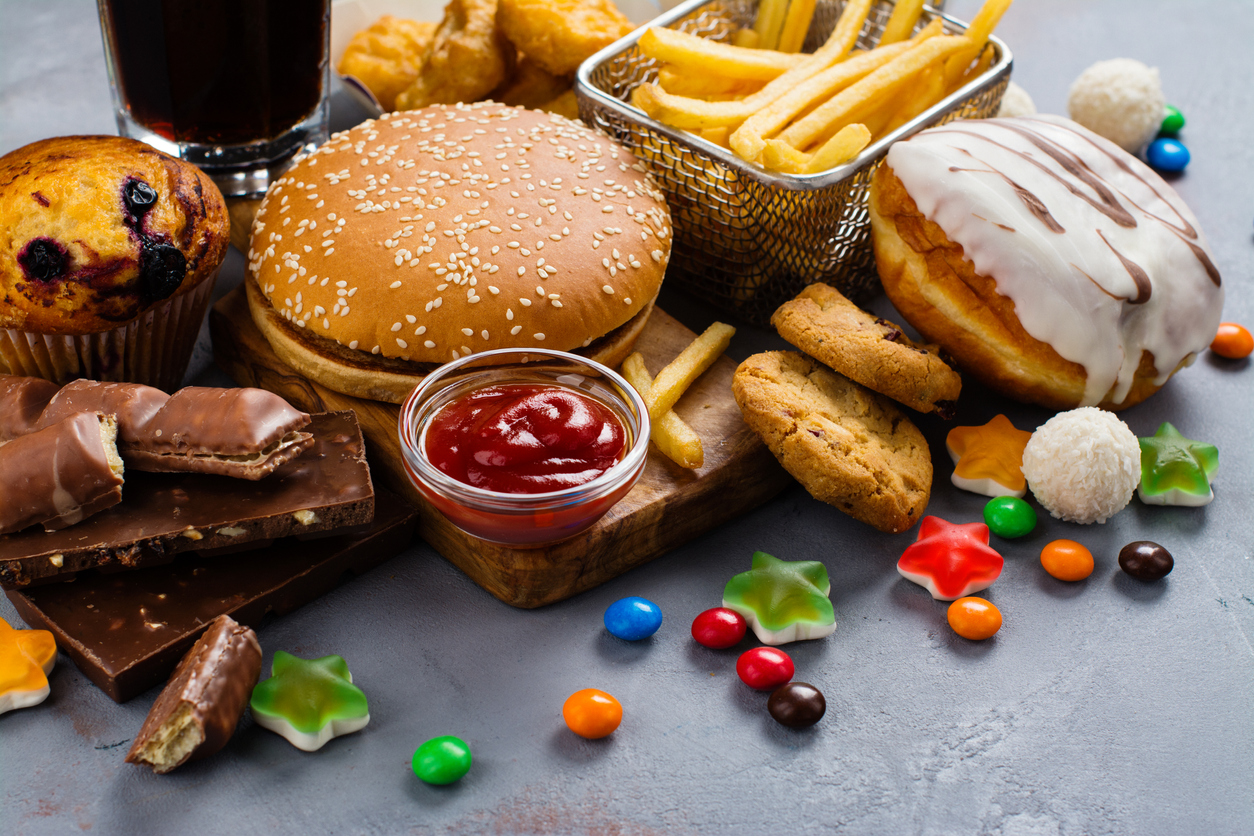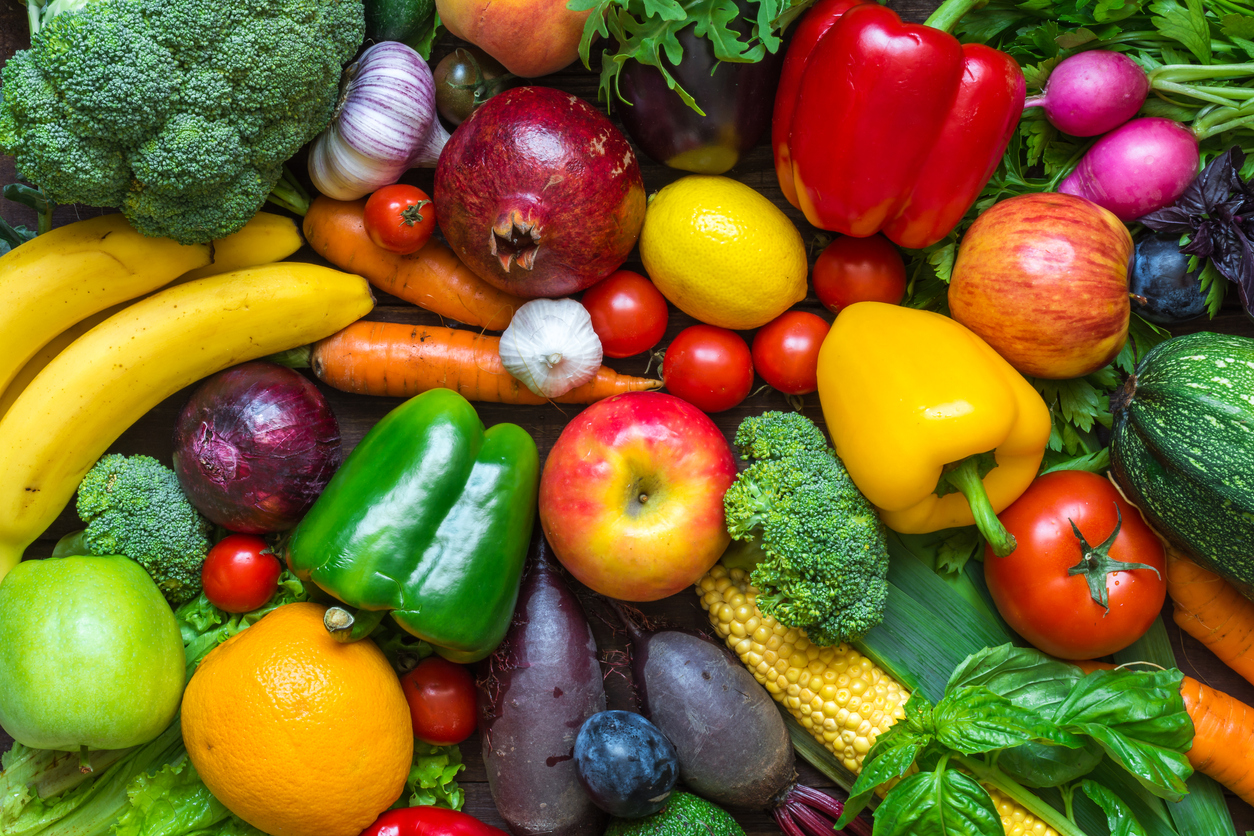“Chronic” implies damage to the kidneys is irreversible. Since diabetes and high blood pressure are the top two causes of kidney disease, it is very important to keep both under control. If blood sugar and blood pressure is uncontrolled then the decline in kidney function will be faster. It is therefore very important to take your medications as prescribed by your doctor.
In addition to taking my medications, is there anything else I can do to help my kidney
function?
There are many things you can do to keep kidney function stable. Quitting smoking, exercising at least 30 minutes at least 4 times per week, avoiding alcohol and eating a healthy diet are some of the things you can do to help kidney disease stable or even improve over time.
Is there a particular diet I can follow that will help my kidney function?
YES. There is growing evidence in the literature that have shown the benefits of a plant-based diet in the prevention and treatment of kidney disease. Consuming high quantities of red meat and processed foods such as bacon, sausages, hot dogs, cold cut meats, sodas, and fruit juices have shown to cause a decline in kidney function.
A Focus on Plant-Based Diet:
What is a Whole Food Plant-based diet (WFPBD)?
Whole Food means eating foods that are not processed such as junk food, foods made from refined flour such as white bread, white pasta. It means eating foods such as whole grains, nuts, fruits, vegetables, lentils, beans. Plant-based means avoiding animal products such as meat, eggs, dairy (yes, this includes cheese). It is also recommended to avoid oil.



How does eating meat damage my kidneys?
Meat intake increases consumption of cholesterol, saturated fat as well as excessive acid load. Meat intake, particularly red meat, may cause an increase in production of uremic toxins by gut microbiomes. This results in an increase in cardiovascular disease and subsequent mortality. Animal protein is acid forming due to the presence of certain amino acids that oxidize to form inorganic sulfates. In contrast, plant-based foods have natural dietary alkali in the form of citrate and malate. Higher acid load from meat consumption increases the risk of kidney disease as well as causes progression of kidney disease and possibly end stage kidney disease. The TGLS (Tehran Lipid and Glucose Study) study of over 5000 participants showed that those consuming the highest quartile of plant protein had 30% lower odds of developing CKD. Similarly, those consuming the high amount of meat had a 37% higher odds of CKD. A prospective study of dietary meat intake and risk of incident of chronic kidney disease. J Ren Nut. 2019; vol 30 (2): 111-118) This has been as shown in the Third National Health and Nutrition Examination Survey (NHANES III). The Multiethnic Study of Atherosclerosis (MESA) studied the associations of various food groups on urinary albumin excretion in over 5000 participants. The study showed participants who ate high amounts of whole grains, fruits, vegetables, and low-fat dairy products were associated with a 20% reduction in albumin consumption.
Do I have to quit meat completely?
NO. You do not have to become a vegetarian to achieve the benefit of a plant-based diet. The more fruits, vegetables and whole grains you consume, the more benefit you will achieve. Given the well established risk of processed meats and red meat in kidney disease as well as cardiovascular risk, it is best to eliminate processed meats and reduce the amount of red meat. Consider diet as a spectrum-on one end you have a 100% whole food plant based diet and on the other end you have a 100% junk food diet. The closer you move to a plant based diet, the more benefit you will achieve.
Are there any plant-based recipes that I can follow?
YES: visit https://www.forksoverknives.com/recipes/
You do not need to follow special recipes to cook plant based food. Just modify what you cook on a daily basis. To start, eliminate processed food from your diet such as white bread, white pasta, white rice, chips, processed meat such as bacon, sausages, canned products. Eliminate soda and fruit juices from your diet completely. If you cannot drink plain water, add fresh cut strawberries, cucumbers or any other fruit or herb. Start using whole wheat pasta, whole wheat bread, brown rice, eat at least 4-5 servings of fruits and 4-5 servings of vegetables daily. Use olive oil for cooking (no oil is better), bake instead of frying. This is a good place to start. Next work on reducing the amount of meat you consume. You do not need to eat meat or eggs to meet your daily protein requirements. There are many plant based foods that are high in protein, such as beans, lentils, peas, and whole grains such as quinoa.
References:
(Scialla JJ, Anderson CA,. Dietary acid load: a novel nutritional target in chronic kidney disease? Adv Chronic kidney Dis. 2013; 20(2): 141-149)
(Yuzbashian E, Asghari G, Mirmiran P, et al. Associations of dietary macronutrients with glomerular filtration rate and kidney dysfunctions: Tehran lipid and glucose study. J Nephrol 2015; 28:173-180).
(Banerjee T et al, JASN 2015 ; 26: 1693-1700; Mirmiran P et al.
(Nettleton JA, Steffen LM, Palmas W, et al. Associations between microalbuminuria and animal foods, plant foods, and dietary patterns in the Multiethnic Study of Atherosclerosis. Am J Clin Nutr 2008; 97:1835-1836)
Haring B, Selvin E, Liang M, et al. Dietary protein sources and risk for incident chronic kidney disease: results from the Atherosclerosis Risk in Communities (ARIC) Study. J Ren Nutr 2017;27:233-42

